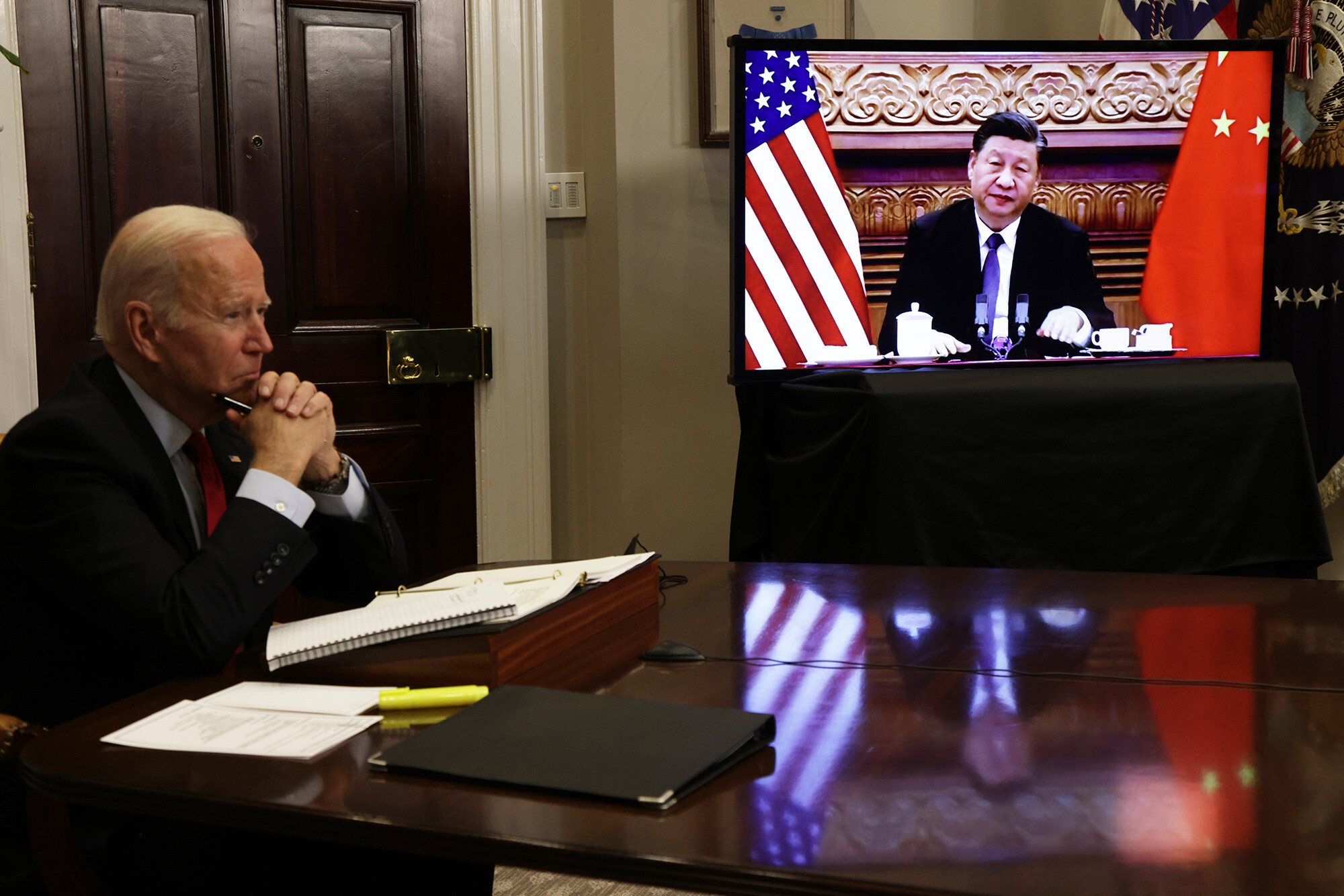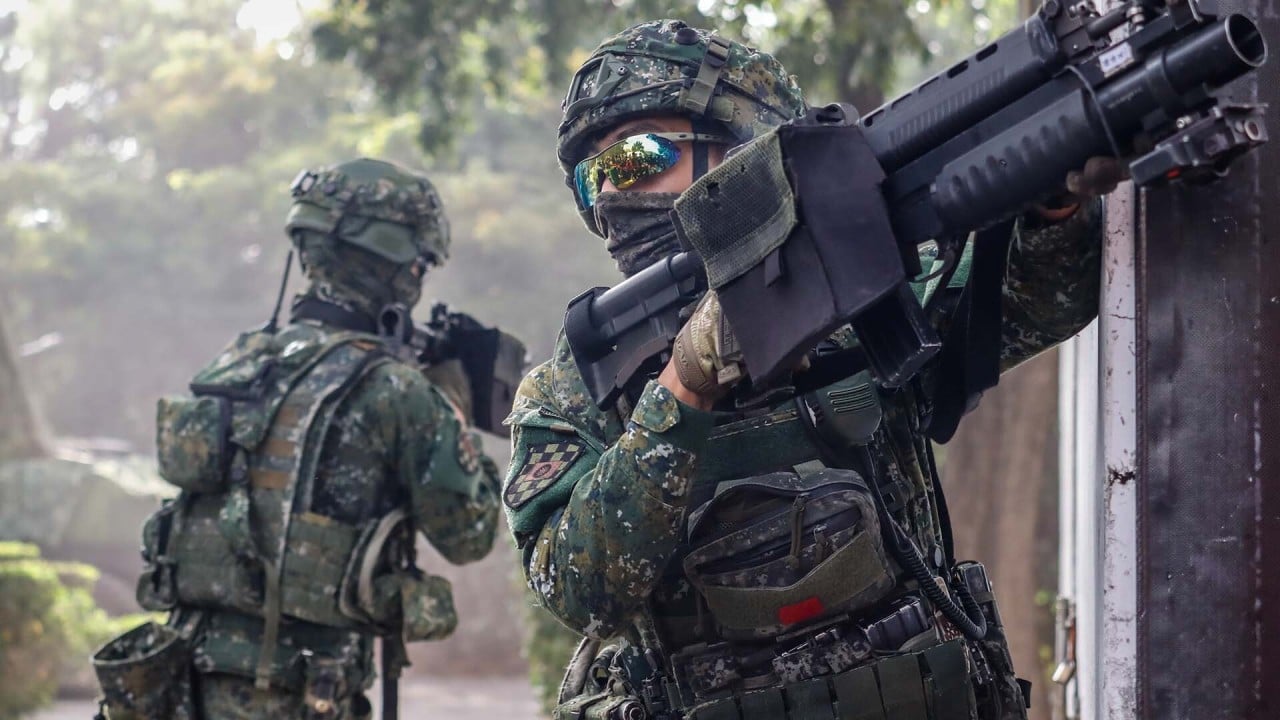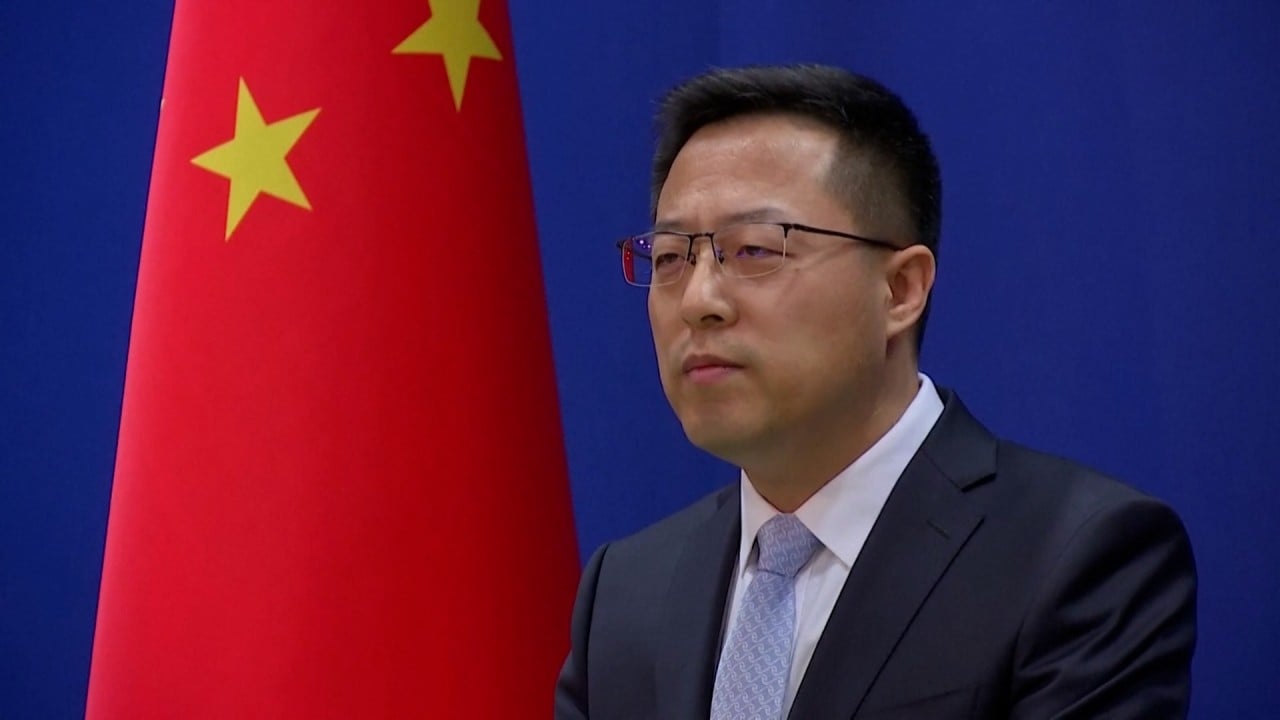
War over Taiwan among five likely conflict scenarios with PLA, US think tank says
- A bid to forcibly unify Taiwan, or escalations in the South China or East China seas, among scenarios seen as likely to trigger a major war
- Analyst in Beijing calls reading ‘simplistic’, while fellow observer says report could inspire the building of guard rails to avoid such conflict
But none of the five scenarios to start a war would appeal to Beijing, thereby giving the United States and its allies time to ward off actual conflict, the report asserts.
“China’s theory of victory is that it could gradually subordinate Taiwan through a series of small gains or fait accompli, and that Chinese punishment and intimidation would eventually inflict enough pain and psychological stress that Taiwan would capitulate to Beijing’s rule,” Pettyjohn said in her report published by the London-based International Institute for Strategic Studies in its bimonthly journal Survival, and released online last week.
“None of the wars that China might intentionally start are very attractive from Beijing’s perspective. This provides the United States and its allies with time to strengthen deterrence, thereby reducing the probability of war.”
However, the five scenarios “should concern American defence officials”.
“A challenge is that the United States needs to demonstrate that it has the capability and willingness to stop Chinese aggression without accidentally precipitating a conflict,” the report warns.
Beijing, which sees Taiwan as breakaway territory to be reunited by force if necessary, hit back angrily – vowing to take countermeasures “to resolutely safeguard our sovereignty and security interests”.
The US Department of Defence should take steps to mitigate such risks by creating communication mechanisms and establishing norms for military competition with Beijing, she said.
But Liu Weidong, a US affairs analyst at the Chinese Academy of Social Sciences in Beijing, disagreed with this “simplistic” view, saying it overestimated the security risks.
A war brought by miscalculation was not likely, Liu said, as both Beijing and Washington were very clear on the factors leading to potential confrontation and thus would be very careful in interpreting each other’s messages.
“If there was to be any military confrontations, I think those would be pertinent to China’s core interests, like territorial issues,” Liu said.
“If an issue relates to a third country, say North Korea, it is very difficult to say whether it’s [within] Beijing’s core interests or not … So I think the scenarios in the report are a bit simplistic,” he said, pointing out that a lot of similar predictions in the past had been proven wrong.

“Frictions between China and the US do exist and it is difficult to alleviate them. Military confrontation can indeed erupt related to Taiwan, the South China Sea, the Korean peninsula and other issues,” Liang said.
“Therefore, these kinds of remarks [as in Pettyjohn’s report] could prompt China and the US to build necessary guard rails to avoid conflict, which can ensure high-level and military communication in the event of a conflict and contain the risk at a manageable level.”



